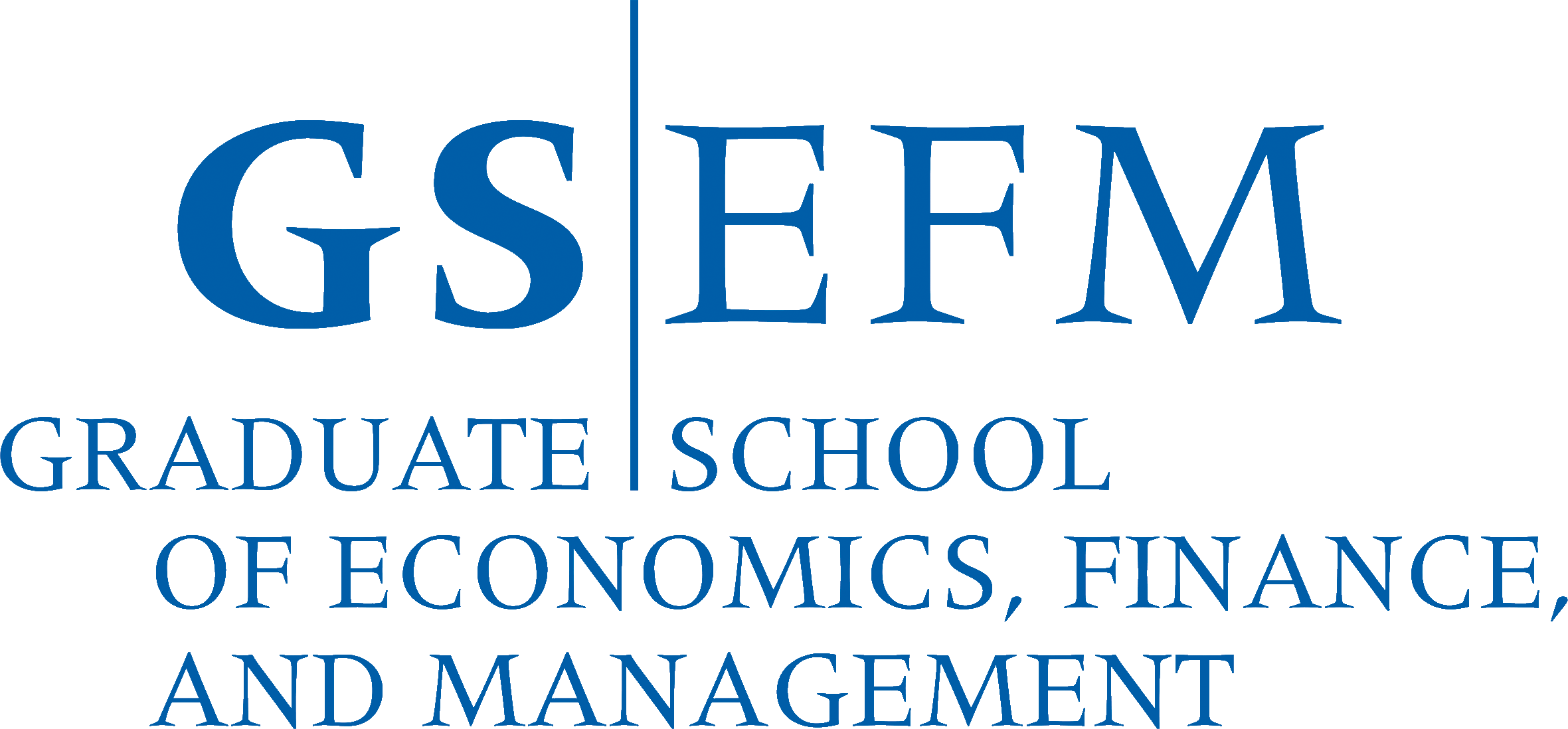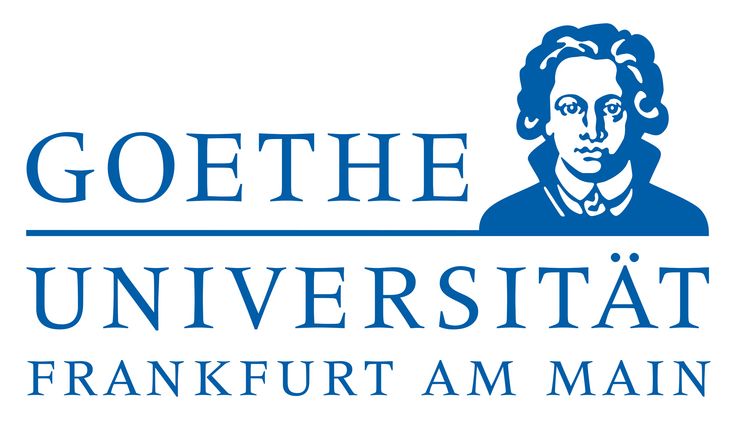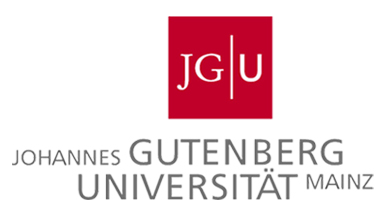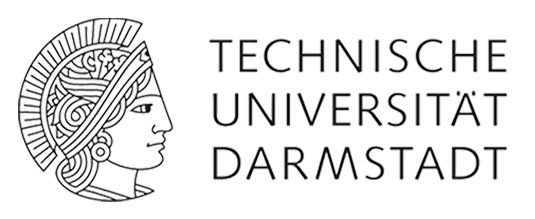Education:
Ph.D., Economics, GSEFM, Goethe University Frankfurt, 2022 (expected)
M.Sc., Quantitative Finance, Goethe University Frankfurt , 2017
B.Sc., Accounting and Finance, University of Macedonia, Thessaloniki, 2014
Fields of Specialization:
Labor and Demographic Economics, Spatial Economics, Household Finance, Economic Inequality, Entrepreneurship
Job Market Paper:
Population Density and the Local Economy pre- and post- Pandemic Breakout
Abstract: How new jobs requiring high skill can be notably beneficial for the overall employment of a local economy has been a long discussed topic in economic literature. Nevertheless, given the post COVID-19 breakout trend for increasing
remote work, especially in the case of highskilled workers, the beneficial effects may not be the same. This paper presents a two-sector spatial equilibrium search model that explains skill premium differences together with the pre and
post COVID-19 unemployment rate patterns for high and low population density locations. This is accomplished through an idea exchange environment that draws highly paid workers, who, as their wage increases, consume more of the local goods
and services, together. Post COVID-19, this situation changes to a degree, explaining the pattern reversal in unemployment rate, namely that unemployment was greater during 2020 in high population density locations.
Other Paper:
Heterogeneous Agents and Occupational Choice in a Directed Search Market
Abstract: The paper presents and analyzes a general equilibrium occupational choice model with labor market frictions and heterogeneous agents. The main theoretical contribution of this model is that, unlike previous directed search
models, it allows agents to self-select not only into different sectors but also into an entrepreneurial/managerial career or a regular employment career. Making use of a stochastic output and of positive assortative matching, the model
gives rise to possible equilibria where the highest ability agents become either workers or entrepreneurs/managers in the technologically intensive sector. Considering the equilibrium where workers are drawn from the middle of the ability
distribution, I choose to apply the model by reproducing two stylized facts, namely that an increased regional technological development increases both top income inequality and the entrepreneurship rate in the technologically intensive
sector.




